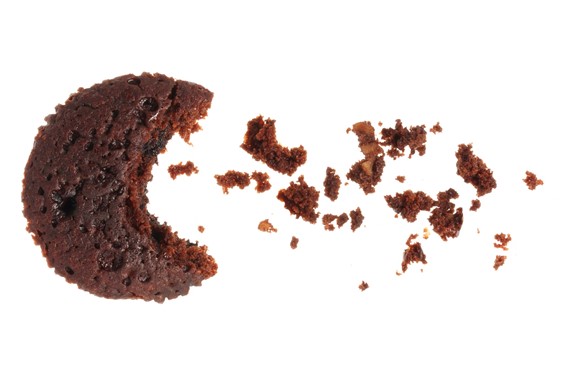A key focus of my blog is Health/Wellness. Our lifestyles have a direct impact on our personal health. There are many circumstances that in our control, while there are others that are not. The following contributed post is entitled, Is Your Lifestyle Unhealthy? It Might Not Be Your Fault.
* * *
We live in a society that assumes that people have perfect control over the healthiness of their lifestyles. It’s up to individuals how much exercise they do and what they put in their mouths.

Unfortunately, in many cases, that assumption is wrong. People don’t actually have a great deal of control over their health, or their lifestyles.
Consider diesel fume emissions, for instance. Today, there are millions of diesel cars on the roads, belching out filthy fumes that attack the airways and can lead to a variety of conditions, including cancer.
Sure, you could say that people should move to cleaner areas of the country. But is that possible? What would happen if everyone decided to do that? Apart from society collapsing, it would push up the price of rural properties significantly. What’s more, many people wouldn’t be able to do their jobs or find work, and would eventually have to return to the city anyway.
Psychological Warfare
We also live in a society that is engaged in psychological warfare against the individual. So many of the things that major corporations tell us to consume are actually bad for our health. Soft drinks, liquor, fast food, and cigarettes are just the obvious ones, but there are many other potentially hazardous brands on the list. Car companies, for instance, encourage us to be sedentary, allowing us to drive to work while essentially sitting on something that feels like a couch. Cleaning products contain all sorts of untested chemicals which are having untold effects on our bodies.
However, we’re stuck in a culture that tells us that we need all these things if we want to live a normal life. To keep up with the Joneses, we must live like them, too. Not doing so is a form of missing out.
Health Inequality
Of course, there are people in any society who have greater means than others to fight the temptations and put their lives on solid grounds. Individuals and families with more money, for instance, can move to healthier parts of the country with less pollution and more access to fruit and vegetables. Those with more knowledge can educate themselves about the environmental risks that they face and then take steps to mitigate them. And people with health insurance have incentives to live better to keep their premiums low.
Poor individuals, on the other hand, often don’t have the means to adopt behaviors that could improve their health outcomes. As philanthropist and physician, Michael Rashid, points out, less fortunate people often can’t improve their circumstances, even if they try.
The Bottom Line

Therefore, in summary, your unhealthy lifestyle might not actually be your fault. While you can tinker around at the edges, it is hard to completely change your environment, unless you’re flush with cash. For that reason, most people’s health doesn’t suddenly change unless their environment changes.
The relationship is two-way: both affect the other. While people can take small steps to make themselves healthier, they also need the cooperation of the environment to succeed long-term.

